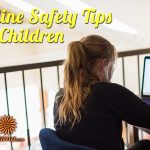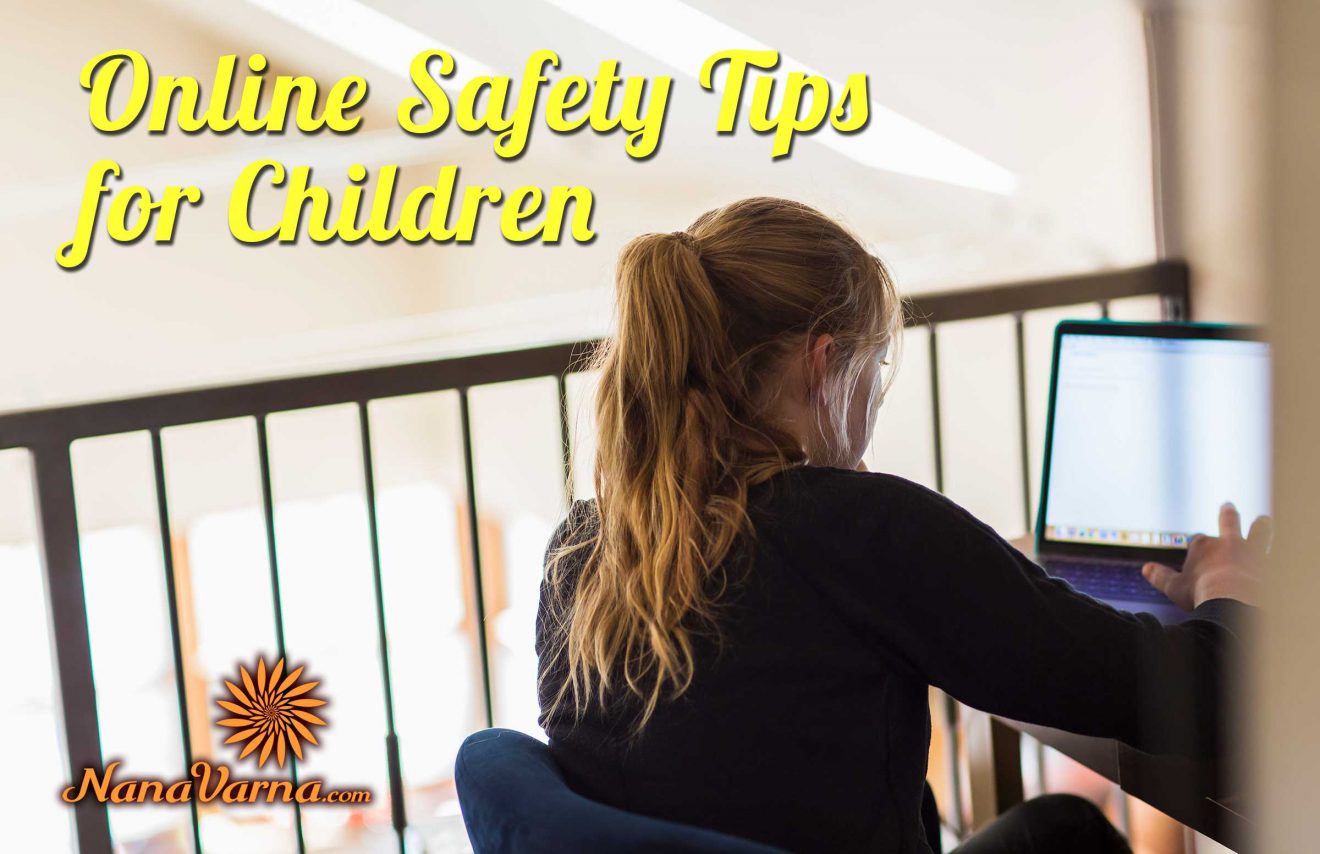The Internet has undeniably taken a prime place in today’s digital world which is easily accessible to children through which they tend to explore different platforms with ease. They use the Internet to do their schoolwork, play online games, watch cartoons, and chat with their friends. Now, the question is, ‘ how safe are they while using the internet?’ Are they acquainted with online safety tips for children? Sometimes, they are not aware of online dangers and get exposed to displeasing experiences at a young age.
Children are an easy target for online predators, and more time than not, they can be subjected to cyberbullying or online scamming. Seeing all of this, it becomes essential that parents monitor their child’s online usage to create a healthy online experience for them.
Although the Internet has many benefits, we cannot ignore the drawbacks it presents us with, especially for children for the reason that they are more susceptible to online risks. Many parents are still unaware of the online safety tips for children. So, we give below 10 of the safety tips for parents to safeguard their children from unpleasant happenings on the Internet.
1. Educate Your Child About The Internet

This is one of the most important online safety tips for children. Prepare your child with the necessary information and guide them on getting started on the Internet safely and responsibly. Provide them with knowledge of the relevant and useful websites for them and how to access them.
It’s also important that you explain the inappropriate content they might stumble upon and how they should handle such a situation. Most importantly, let your children ask questions about the Internet and get to understand the pros and cons of the Internet.
2. Monitor Your Child’s Internet Usage
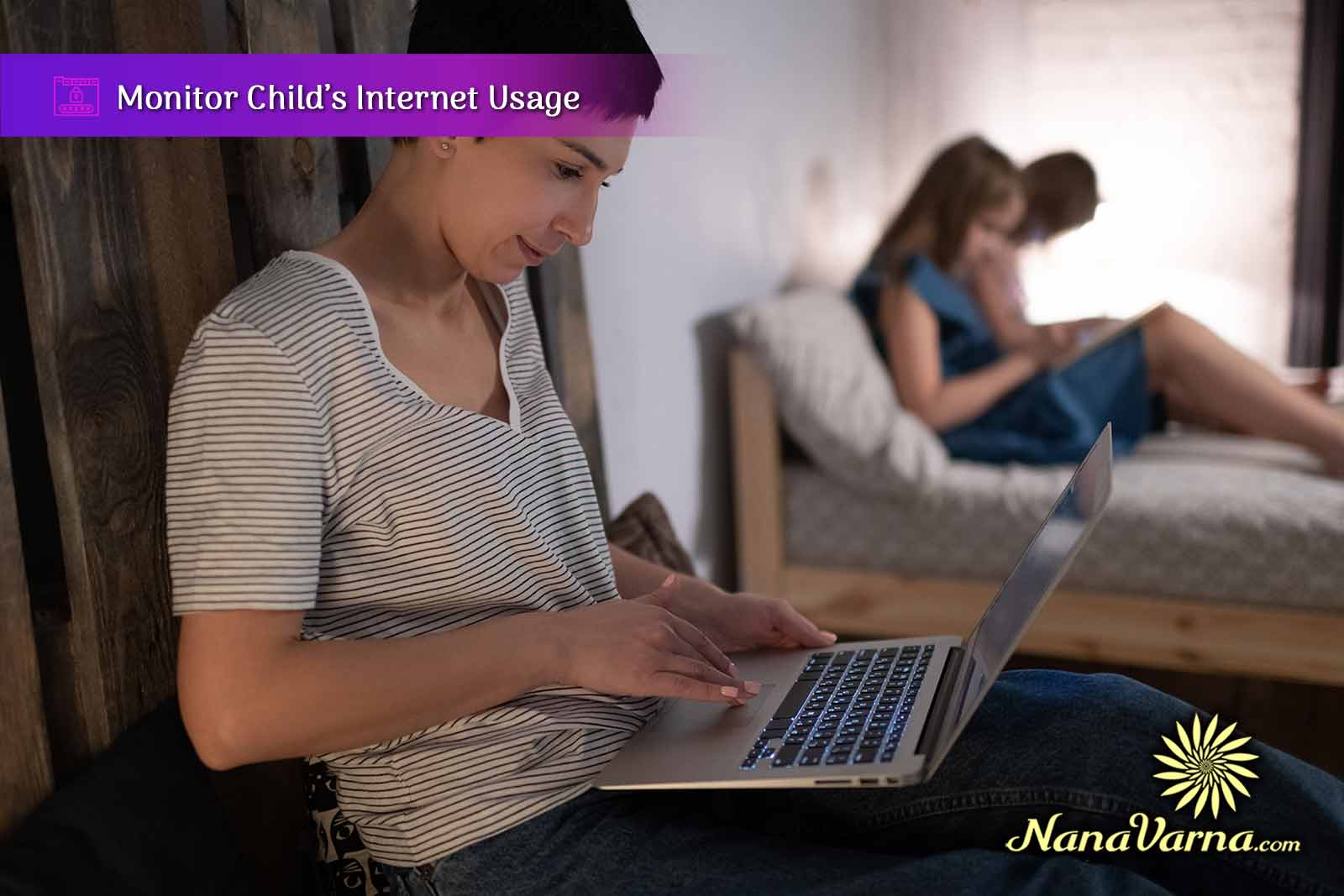
Children under the age of 13 should never be allowed to use the Internet without parents’ direction. Set up the device in a place where you can easily supervise your children and instruct them to seek your permission before they go on the internet. This ensures that your children use the internet appropriately.
Keep an eye on their browser history, but let your children know that you are tracking it so that they develop trust in you and believe that they are counted on. Also, this would aid in developing a positive attitude in using the internet sensibly and they would be more open to sharing any inappropriate incidents that they have encountered while accessing the Internet.
3. Set Rules and Boundaries

To frame rules and limits to your child’s internet usage does not necessarily mean that you need to be too strict or rigid with them. Involve them as well and elucidate the reasons behind setting up rules so that they comprehend the need and co-operate with you.
The guidelines can include the time duration on using the Internet, things that can be shared online, and the sites that they can access, etc. Spell out online safety tips for children and make them understand why is it vital to abide by those rules.
4. Proffer them the Knowledge about Social Media

Social media platforms like Facebook, Twitter, and Instagram are public forums where we post photos, videos, and text content, interact with many people across the globe and the content posted on these platforms is simply reachable to anyone.
Some of the social platforms have an age limit, which means under 13 is not permitted into them. As parents, we need to teach basic social media etiquette to children since social media is filled with different kinds of people, including online hackers.
Confirm that your children do not interact with cyberbullies, scammers, and predators. Ensuring your child’s privacy on social media is one way of making sure that you are adhering to the online safety tips for children.
5. Tutor the Importance of Privacy on the Internet
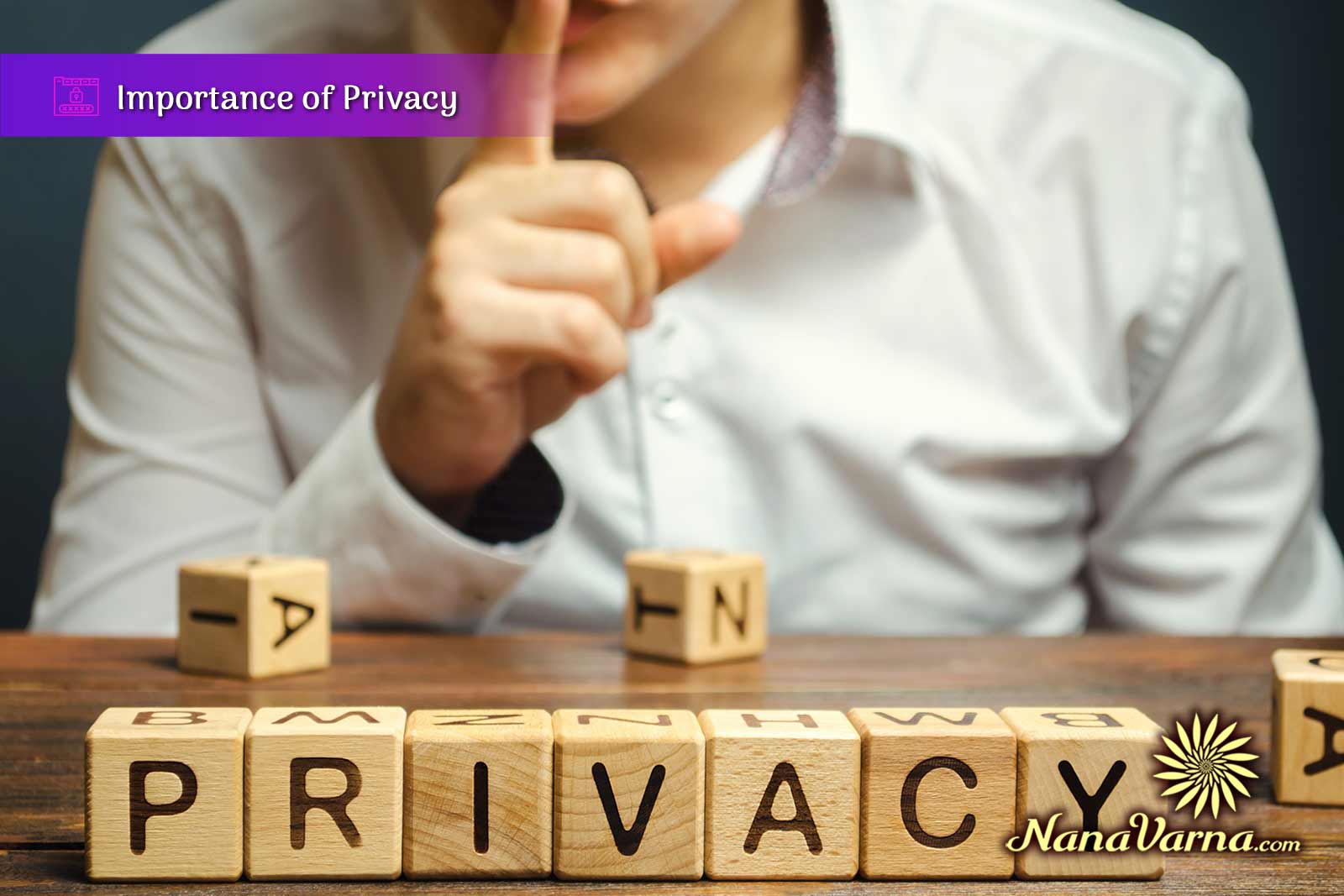
Children can easily be manipulated and groomed by strangers on the Internet, which might affect their mental health. This makes it really important that children are aware of online safety and privacy and use internet judiciously.
Talk to your children about how crucial it is for them not to share their personal information like their name, address, phone number, etc., as posting them online will make it public, which would make anyone access the information easily and track their personal data. Educate them on the dangers and consequences when your personal information is identified by a stranger.
6. Discuss Online Bullying
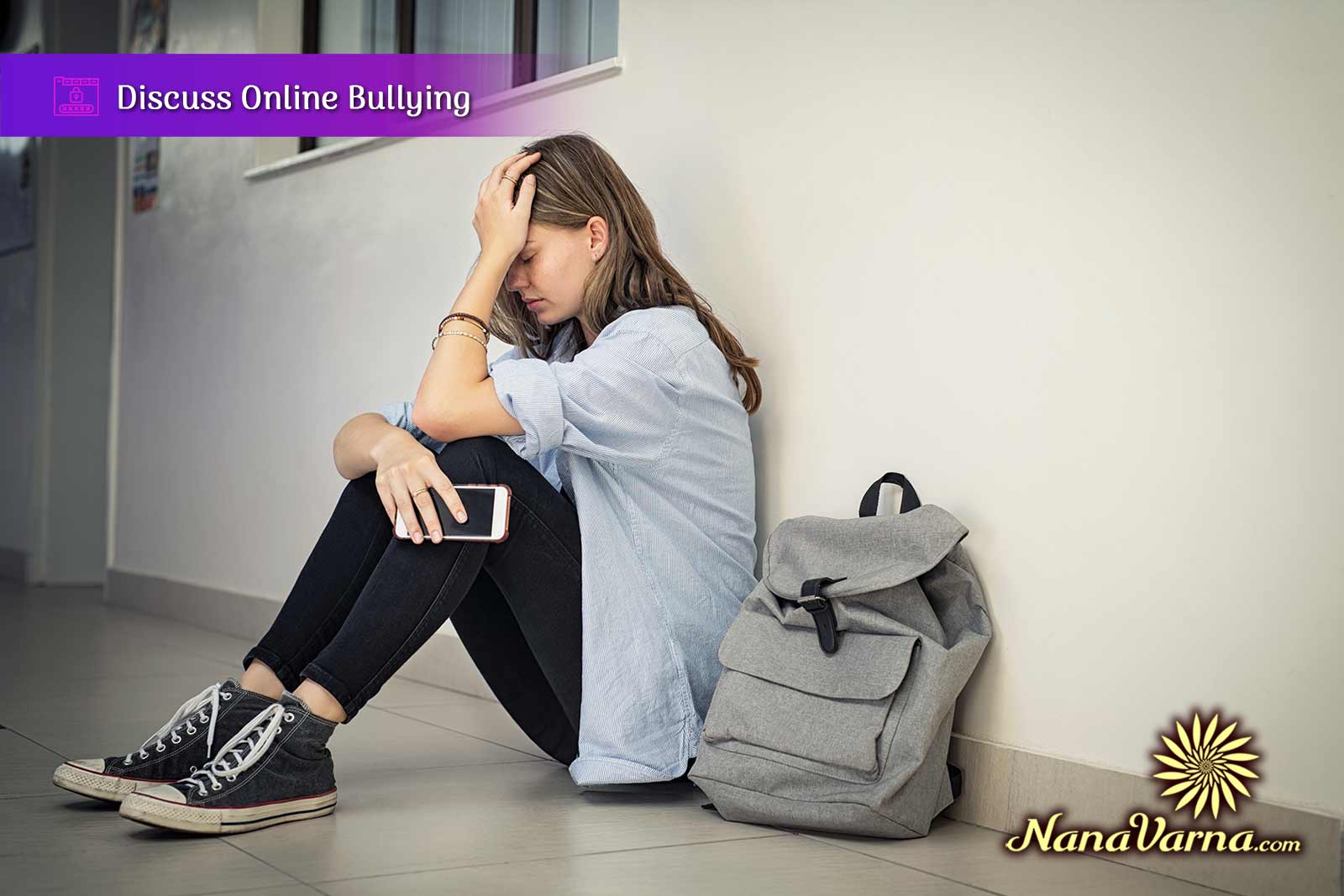 Increasing Cyber Bullying and Cyber Crimes have been expanding with the advancement of technology. Teenagers are the worst sufferers of online bullying.
Increasing Cyber Bullying and Cyber Crimes have been expanding with the advancement of technology. Teenagers are the worst sufferers of online bullying.
Cyber harassment involves harmful bullying behaviour such as posting rumours, threats, offensive language, hate speech which the children should be aware of, and learn ways to defend and refrain themselves.
They should be taught the following to encounter such awful situations:
- Never share personal information
- Do not open messages from strangers
- Never agree to meet any stranger face-to-face who you know online
- Seek an adult’s help in case of any unforeseen mishaps
- Ignore online friendship requests
7. Seeking Permission Before Downloading Any File
Fix a mandate that your children need to inform you and take your permission if they need to download files. Guide them on how they can download safely, show them the reliable websites as not all downloads are safe.
Sometimes, it so happens that your children might have tried downloading something, while the downloaded result could turn out to be completely different. Also, there are chances of the virus affecting the system which could lead to a system hack or crash.
8. Say NO to Pop-ups and Suspicious Links

There are some pop-ups which if you click on, can either lead to the device hanging and downloading malware, or it redirects you to an unsafe website with obscene content. Some of them collect and track personal information, which is unsafe for children.
It is advisable to parents that they tell their children not to click on pop-ups, ads, or any link which looks suspicious as they bring in unwelcome scenarios. This is one of the most essential online safety tips for children because it is reported that this is one of the common ways children end up being exposed to unwanted content.
9. Install Antivirus Software
There are many websites which when clicked on, can scam and redirect us to explicit content without our permission, and children are more bound to be the victims of this situation. To be protective, installing Antivirus – reliable software is a good idea as it helps us in maintaining online safety and safeguard our devices from the virus.
Another useful feature of this software is that it scans the online file, so you don’t end up downloading a corrupted file and spread the virus on the computer.
10. Use Parental Control Software

Parental control and privacy settings make it easier to monitor your child’s online activity. With the help of this feature, you can control and manage the sites and applications that your child uses, restrict the inappropriate websites, and set up a time that they are allowed to spend online.
Parental Control is a handy feature for parents and one of the online safety tips for children that can be incorporated to make sure their child has a safe time, online.
A recent study has detected that children and teens who spend the majority of their time in front of the screen and online are more likely to be diagnosed with anxiety, questioning their mental health. This has concerned parents to a great extent. However, this structure can be curbed by regular monitoring and involving in a healthy conversation about internet usage. There is a need for equilibrium in using the Internet. Children should have their space and freedom to understand the potential hazards of the Internet so that they feel comfortable to express their views. Let them know watch out for online dangers and realise the need and importance of online safety tips for children.








